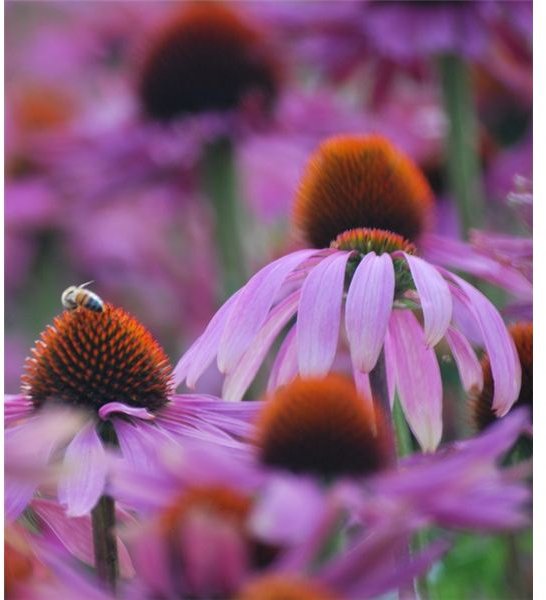Top 10 Herbal Teas: Benefits and Preparations
Echinacea
Echinacea is the first on this list of top 10 herbal teas because it is one of the most popular immune-enhancing botanicals. The immune system is one of the body’s main defenses against infection and disease. There are nine species of echinacea but only three are commonly used for medicinal purposes: Echinacea purpurea, Echinacea pallida and Echinacea angustifolia. To prepare a cup of tea, pour 1 cup of boiling water over 2 teaspoons of dried herb, cover and steep for 5 minutes.
Photo by exiledwool / Flickr
Ginger
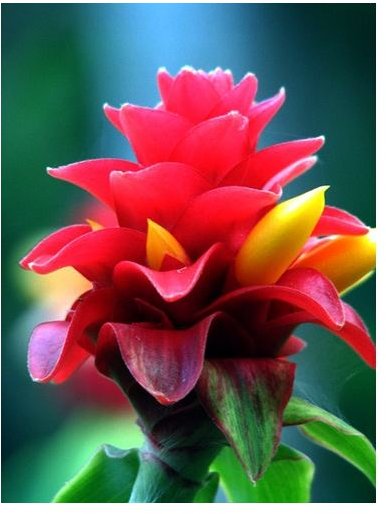
Ginger has been used as a medicine since ancient times. It is a well known herbal remedy for treating stomach upset, nausea, motion sickness and diarrhea. Studies suggest it is safe for pregnant women when taken in reasonable amounts - consult your health care provider before taking. To prepare a cup of tea, wash and peel fresh ginger root, cut into small pieces, pour 1 cup of boiling water over 3/4 teaspoon of ginger, cover and steep for 5 minutes.
Photo by Ellabel / Flickr
Chamomile
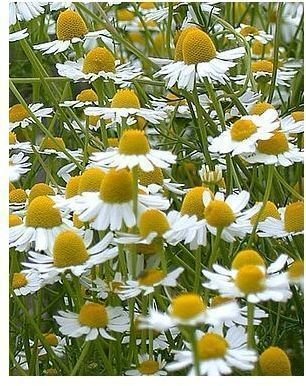
Chamomile belongs in the daisy family and has a refreshing apple-like scent. It is another wonderful herbal tea to treat digestive complaints because of its antispasmodic properties. It is used to treat diarrhea, indigestion, stomach cramps, gas and colic - consult your health care provider before giving to an infant. Chamomile is also commonly used to relieve anxiety and promote a good nights sleep. To prepare a cup of tea, pour 1 cup of boiling water over 1 teaspoon of dried flowers, cover and steep for 10 minutes.
Photo by cdurrill / Flickr
Valerian

Valerian is believed to have similar effects as benzodiazepine drugs like Valium. It is best known for treating insomnia, nervous restlessness and anxiety. Although it can help promote sleep, it may take a few weeks to take effect. In addition, valerian can help soothe an upset stomach. To prepare a cup of tea, pour 1 cup of boiling water over 1 teaspoon of dried root, cover and steep for 5-10 minutes.
Photo by Phajus / Flickr
Black Cohosh
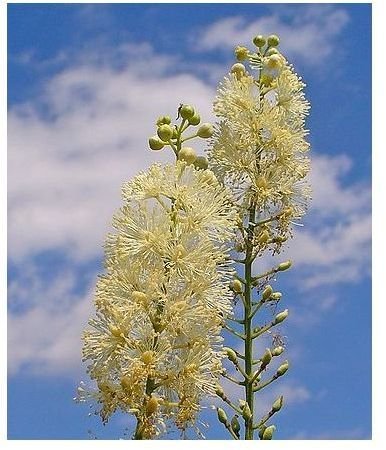
Black cohosh is an herbal tea especially beneficial for women. The Native Americans have used the root of this plant for more than 200 years to treat female complaints. In Germany, it is approved to treat painful menstruation, premenstrual discomfort and menopause symptoms. To prepare a cup of tea, pour 1 cup of boiling water over 1 teaspoon of dried root, cover and steep for 20 minutes. The tea should be cooled before drinking.
Photo by H. Zell / Wikimedia
St. John’s Wort
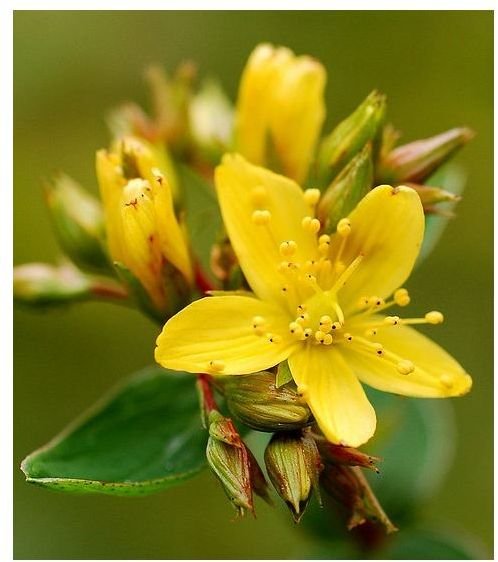
St. John’s wort is the most researched natural antidepressant. Several studies have shown that it is effective in reducing symptoms in individuals with mild to moderate depression. In some studies it appeared to work as well as drugs classified as selective serotonin reuptake inhibitors (SSRIs) like Prozac. To prepare a cup of tea, pour 1 cup of boiling water over 2 to 4 teaspoons of dried herb, cover and steep for 10 minutes.
Photo by BobOsborn / Flickr
Hibiscus
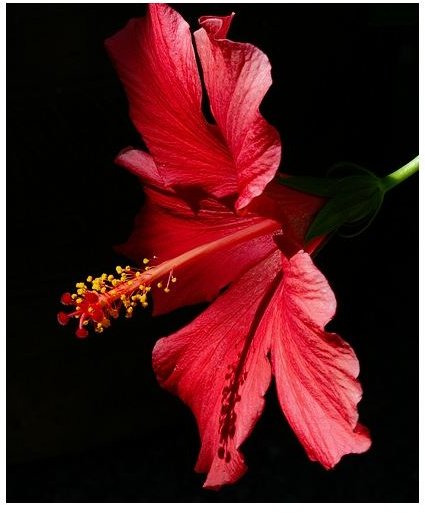
Hibiscus can help assist in weight loss. It contains an enzyme inhibitor which blocks the production of amylase, an enzyme that breaks down complex sugars and starches. To be effective, you need to drink the tea after meals. Hibiscus has been shown to lower blood pressure, and may also help control cholesterol levels. To prepare a cup of this herbal tea, pour 1 cup of boiling water over 2 tablespoons of dried flower petals, cover and steep for 10 to 15 minutes.
Photo by philipbouchard / Flickr
Devil’s Claw
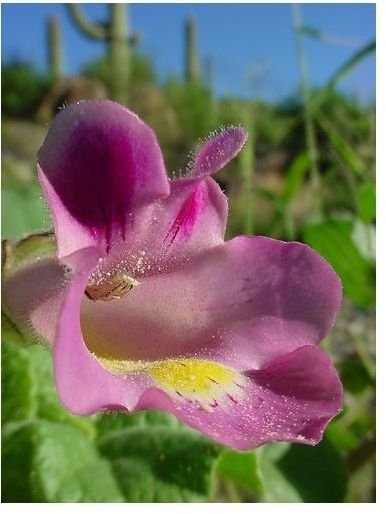
Devil’s claw contains two active ingredients, harpagoside and beta-sitosterol, which are claimed to have strong anti-inflammatory effects. Some studies suggest it is an effective remedy in the treatment of rheumatoid arthritis, osteoarthritis and gout. To prepare a cup of tea, pour 1 cup of boiling water over 1/2 to 1 teaspoon of dried root, cover and steep for 20 minutes.
Photo by Sonoran Dreamer / Flickr
Feverfew
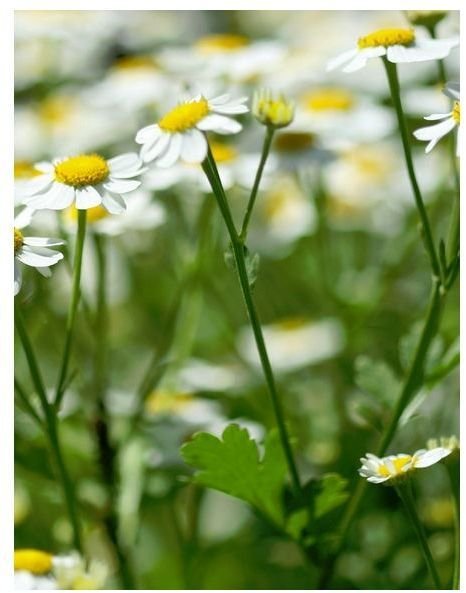
Feverfew is a member of the sunflower family and has historically been used to treat fevers. Today, it is one of the world’s best selling herbs to help treat migraines by preventing blood vessels in the brain from constricting. To prepare a cup of tea, pour 1 cup of boiling water over 1 teaspoon of dried leaves, cover and steep for 5 to 10 minutes.
Photo by Mukumbura / Flickr
Ginkgo Biloba
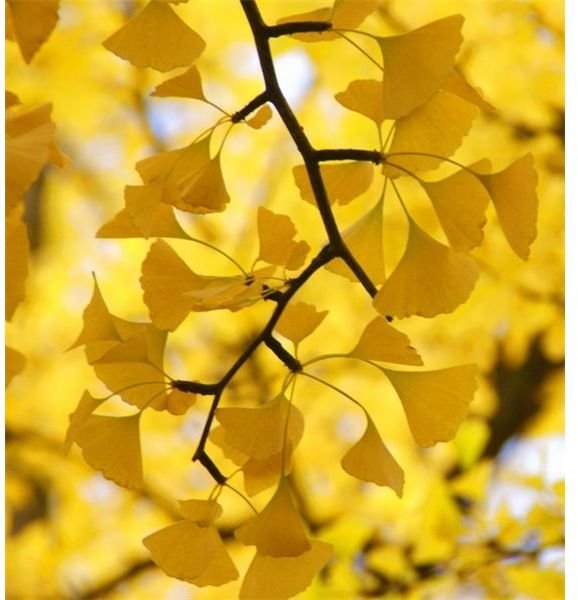
The last on this list of the top 10 herbal teas is Ginkgo biloba. Ginkgo improves blood circulation and is widely touted as a “brain herb”. It shows promise for improving memory in older adults and may be especially effective in the treatment of dementia, including Alzheimer’s disease. To prepare a cup of tea, pour 1 cup of boiling water over 1 teaspoon of dried leaves, cover and steep for 10 minutes.
Photo by nobuflickr / Flickr
If you are pregnant, breastfeeding or taking medications, are giving to a child or have a medical condition, consult your health care provider before use.
References
Michael Murray, N.D. and Joseph Pizzorno, N.D. Encyclopedia of Natural Medicine (1998)
University of Maryland Medical Center: https://www.umm.edu/
Disclaimer
Please read this disclaimer regarding the information contained within this article.
